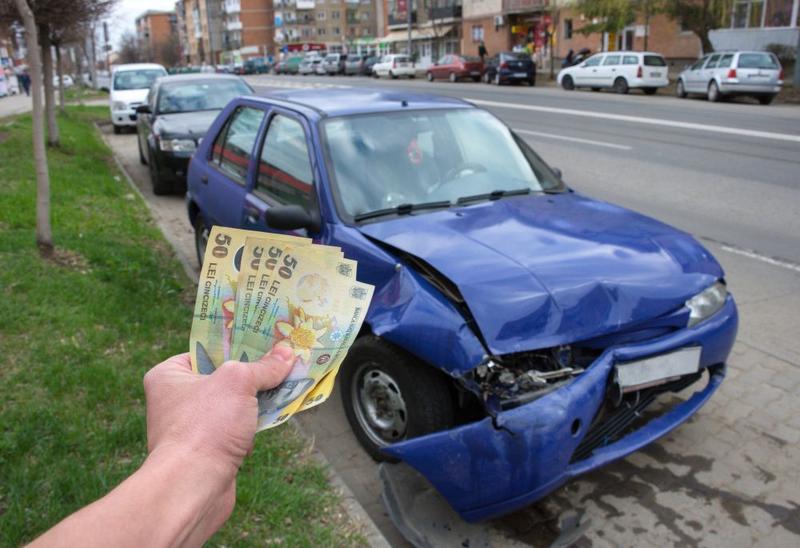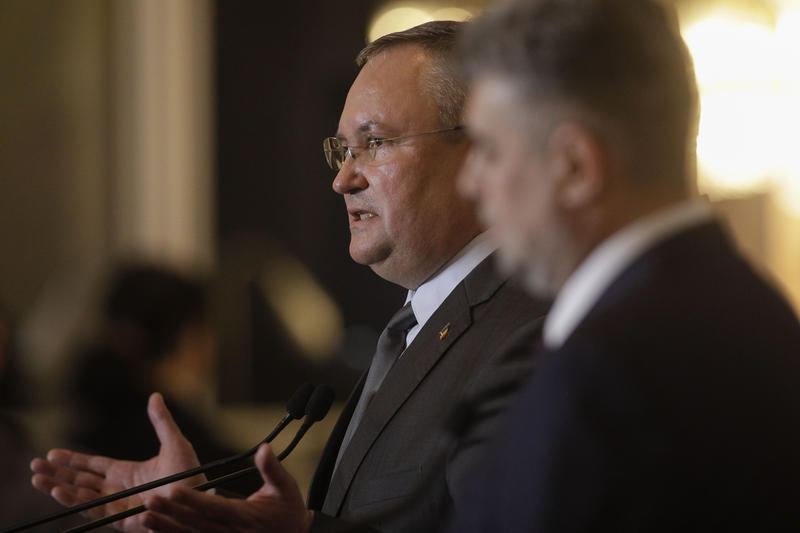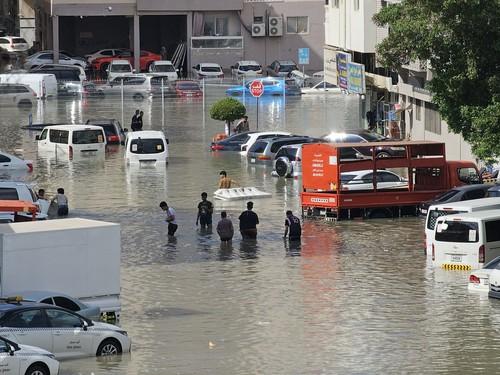The European Commission advised the Romanian Government to consolidate its public finance and to continue the economic reforms, in order to reduce the increasing imbalances in the economy. One year ago, in 2007, the European Commission made similar recommendations, referring to solid budget planning and firm assuming of the budget targets established in the stability and convergence programs.
""Romania needs a comprehensive strategy to accelerate structural reforms and fiscal consolidation. In particular, a credible medium-term expenditure planning and a multi-annual budget are urgently needed. Coupled with structural reforms, budgetary consolidation will help address the overheating of the economy and promote a more balanced catching up process with the rest of the EU" said Joaquín Almunia, Economic and Monetary Affairs Commissioner, according to the EC press release.
"The Commission today adopted a recommendation providing advice on economic and budgetary policy in Romania. This is in accordance with the revised Stability and Growth Pact (SGP) which foresees that “the Commission will issue policy advice to encourage Member States to stick to their adjustment path towards the 'medium-term budgetary objective'”. Romania's medium-term objective (MTO) is a general government deficit of 0.9% of GDP in structural terms (i.e. cyclically adjusted and net of one-off and other temporary measures) to be achieved by 2011.
Romania recorded a nominal budget deficit of 2.5% of GDP in 2007, double that in 2005 and, according to the Commission's spring forecast, this is projected to increase to 2.9% in 2008 and 3.7% in 2009, under the customary no-policy-change assumption. The structural deficit is much higher and increasing from 3.4% of GDP in 2007 to a forecast 3.7% in 2008 and 4.1% in 2009.
This reflects an expansionary fiscal policy, notwithstanding some recent budgetary measures, and a lack of a credible and predictable-medium term framework.
This is unwise given strong economic growth averaging 6½% annually between 2003 and 2007 and the signs of overheating in the Romanian economy, with high and rising net external borrowing (from 10.4% of GDP in 2006 to 13.4% of GDP in 2007), rising inflation, strong wage growth against a background of growing labour shortages, and a rapid increase in household borrowing.
For Romania to maintain its rapid convergence process towards the average income level in the EU (its GDP per capita is 40% of the EU average), it will be crucial to address the growing macroeconomic imbalances and to implement wide-ranging structural reforms. Fiscal policy can play an important role in cooling down internal demand but this would require Romania to make further improvements in its budgetary planning and execution.
The Commission believes that reforms and budgetary consolidation should work together to address the overheating of the economy and promote a more balanced catching up process", the release reads.


















